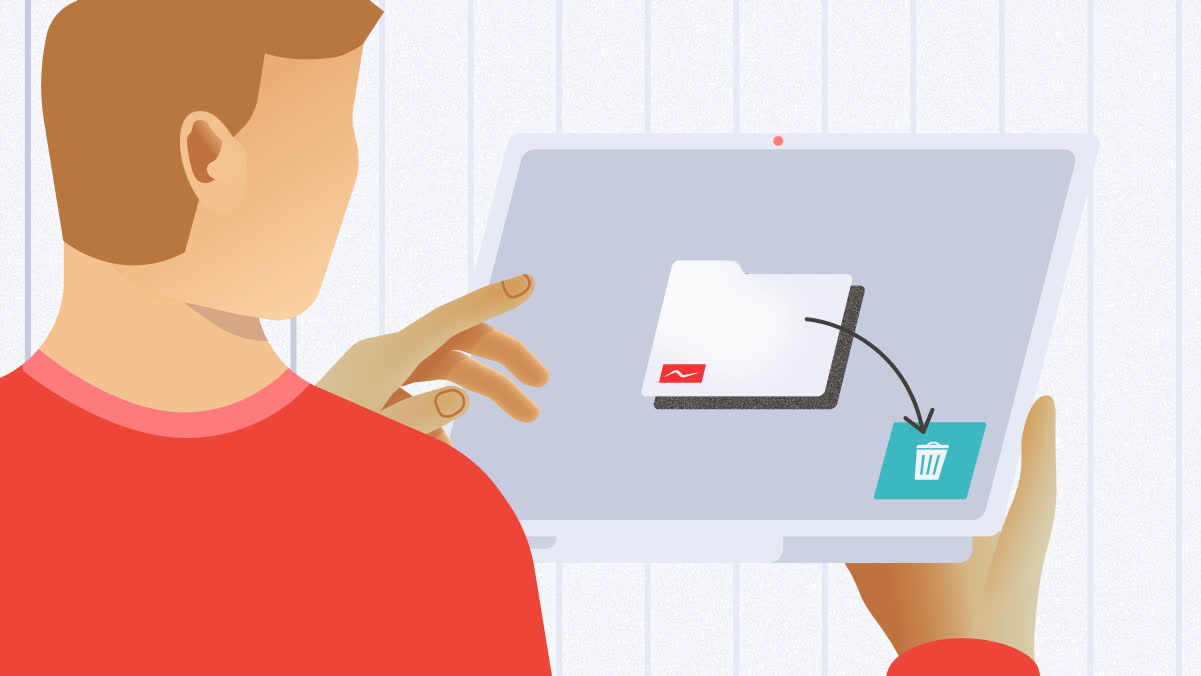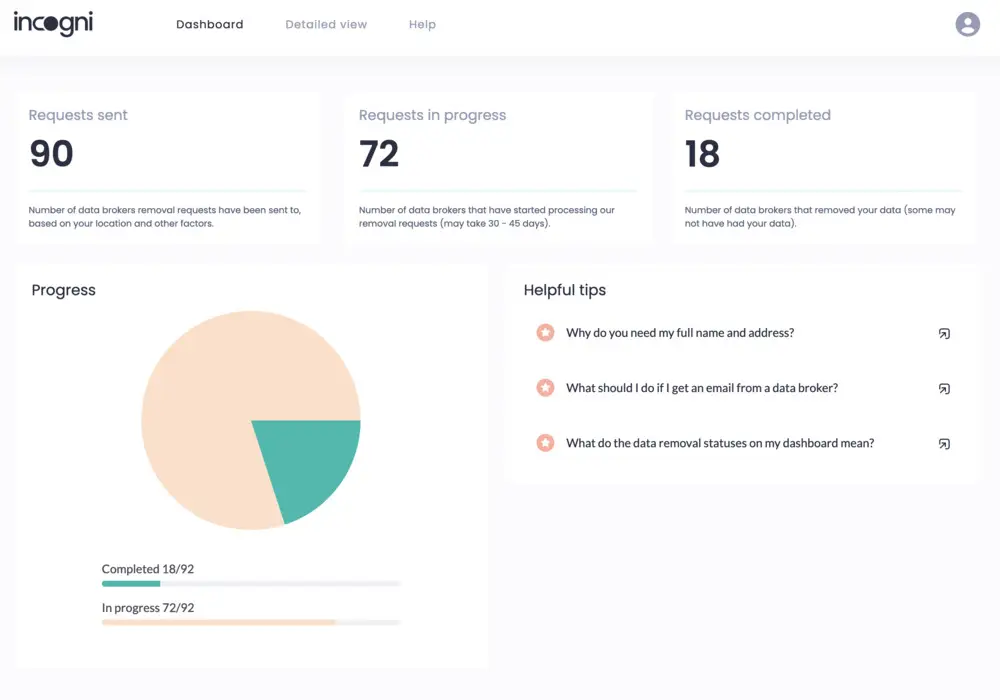Cybercrime has been on the rise for years, and 2022 has been no exception. Hackers and scammers typically do a lot of background research on their victims before moving in with a targeted attack. You might be surprised what they (or anyone) can find just by typing your name or number into a search engine.
That's not to mention spammers, advertisers, and stalkers. From mildly annoying to properly dangerous, these are not people and companies you want easily accessing your personal data.
What kind of personal information is out there right now?
Generally, you can assume that all the usual personal details are there, as well as past and present contact information. Add to that anything from your property records and mugshots to social media profiles and known associates and you have some idea.
How does your personal information end up online?
There are two parties responsible for your personal information ending up online: you and the government. Almost everything you do online generates data. The searches you perform, the websites you visit, the apps you use, the purchases you make, and the posts you publish – it all leaves traces.
The government maintains records on its citizens and it's vital in a democracy that some of these records remain public. You might, under certain circumstances, be able to have some criminal or court records suppressed, but things like your birth, marriage, licensing, and property records are usually there to stay.
How you can (try to) remove yourself from the internet
You're not at huge risk as long as your data stays scattered all over the place and no one entity has access to too much of it. A county court record here, an old phone number there – who's going to invest the time it'd take to piece it all together?
The problem is that companies called data brokers (including people search sites) do just that. They crawl and scrape the internet for this publicly available information and turn a profit by monetizing or selling access to the profiles they create.
You can and should limit the data you put out there through your online activity, but you won't get that down to zero unless you go completely off-grid. You'll never delete the vast majority of your public records. What you can do is stop that data from being gathered together into profiles with your name on them.
The best way to remove yourself from the internet
Although not a silver bullet or license to be careless, the most effective way to limit the amount of your personal data online is to stop data brokers from building and sharing profiles on you.
Thanks to the presence of data privacy laws in at least a few states, all legally operated data brokers in the US have opt-out procedures sitting there ready for you to use. The catch? It's estimated that it'd take 300+ hours to go through enough of those processes to make a difference.
That's where an automated personal data removal service like Incogni comes in. These services fight fire with fire, using automation to opt customers out of data brokers' automated data collection schemes. A good data removal service will send out wave after wave of removal requests to stop data brokers from recreating profiles over time.

